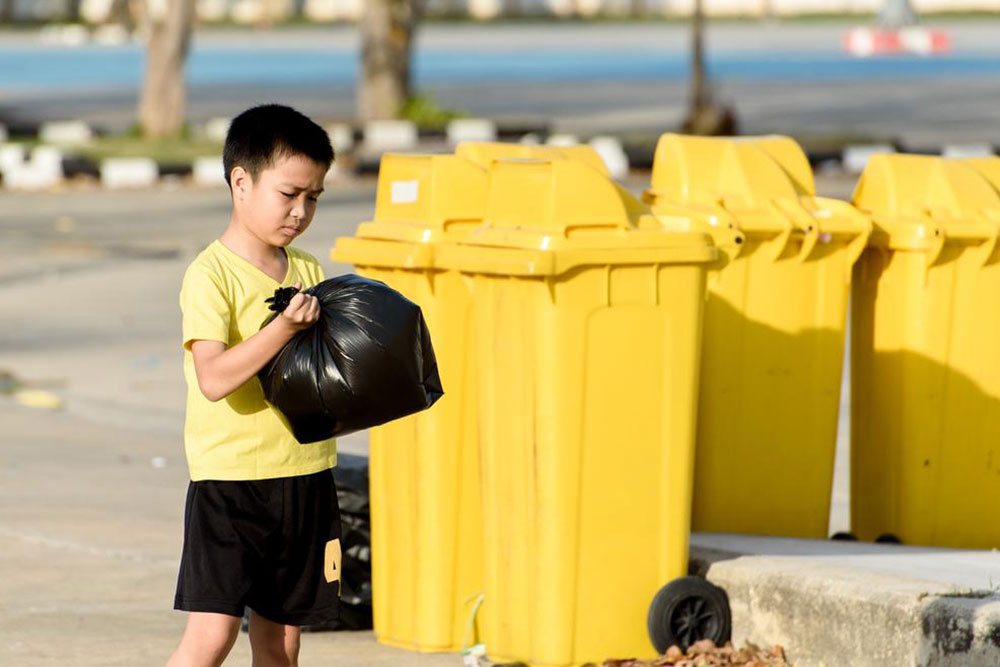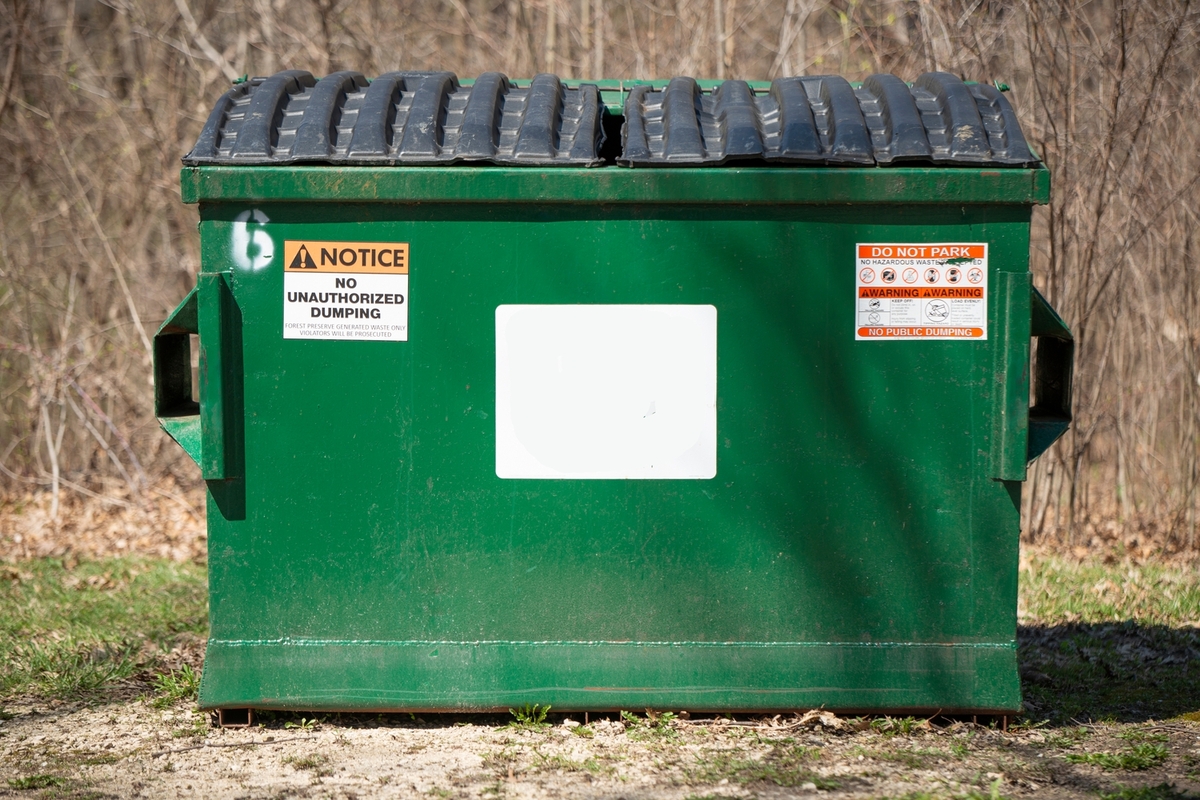Environmental Impact of Plastic Bags: 4 Key Concerns
This article explores the environmental dangers posed by plastic bags, highlighting their impact on landfills, water bodies, wildlife, and flooding. It emphasizes the importance of reducing plastic bag usage to protect the environment and promote sustainable waste management practices.

Environmental Impact of Plastic Bags: 4 Key Concerns
Plastic bags are widely used carriers valued for their affordability, durability, and water resistance. Many prefer them over paper or cloth alternatives. Beyond shopping, they are commonly repurposed as trash liners. However, once discarded, plastic bags pose significant environmental threats. They do not decay easily and tend to accumulate, filling landfills, polluting waterways, and blocking drainage systems. Here are four major ways plastic bags damage the environment.
Landfill Challenges
Plastic bags are tough to recycle. While polyethylene bags can be reused in manufacturing new bags, pipes, or lumber, the process requires that they be dry and free from food residue. This limits recycling rates, leading to an increase in landfill waste. Because plastic bags take centuries to decompose, they contribute to growing waste volumes in landfills.
Water Pollution
Plastic bags can linger in water for 400 to 1000 years. They fragment into microscopic particles known as microplastics, which contain harmful chemicals like PCBs. These toxins can enter the food chain through contaminated aquatic plants and animals, posing health risks to humans and wildlife.
Threat to Wildlife
Discarded plastic bags often end up in rivers and oceans. Marine animals, such as turtles, mistake floating plastic for food, leading to injuries or death since plastics cannot be digested. Small animals and birds can become entangled, resulting in injuries or fatalities.
Flood Risks
Since plastic bags do not break down in water, they clog drainage systems and sewers. This blockage often causes urban flooding, especially in developing regions unable to manage waste effectively.
Note:
Our blog offers diverse insights and practical information across many topics. While we strive for accuracy, content should not be considered final or comprehensive. Readers are encouraged to verify details, as discrepancies or updates may occur. We also acknowledge that some schemes or options might not be covered in our posts, and readers should seek additional sources for complete information.










